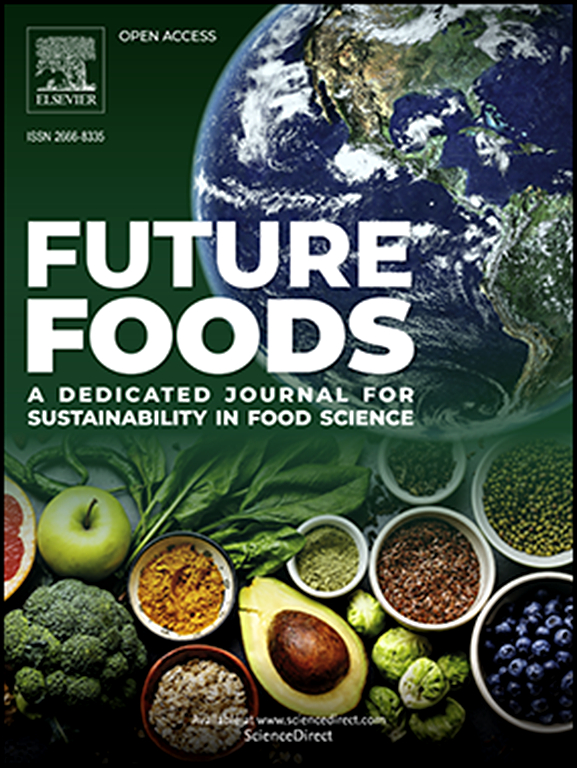Challenges and technological requirements in agri-food waste upcycling: The case study of olive leaf extract
IF 7.2
Q1 FOOD SCIENCE & TECHNOLOGY
引用次数: 0
Abstract
The agriculture and food industries are the main producers of waste worldwide. Food that has been upcycled has the potential to reduce food waste at various stages of the food supply chain, which is a promising approach to tackle the linked problems of food waste and food insecurity. This study aimed to investigate the challenges and technical requirements faced by food technologists when incorporating upcycled ingredients into food formulations, using olive leaf extract (OLE) as a case study. Key considerations include ensuring the absence of toxic compounds in the waste used for extraction; employing environmentally friendly extraction methods; maintaining stability during storage; enhancing the value of recipient foods through biological and medical studies, and preserving the nutritional quality, safety, and sensory properties of existing food products. This underscores the urgent need for clear regulations and standardized guidelines to facilitate the successful adoption of OLE in the food industry. Our findings contribute to the broader discussion on sustainable food systems by highlighting the potential benefits of upcycled ingredients, while addressing the barriers that hinder their wider adoption. These insights serve as valuable resources for industry stakeholders and policymakers, emphasizing the importance of regulatory frameworks and labeling standards to support sustainable practices.

求助全文
约1分钟内获得全文
求助全文
来源期刊

Future Foods
Agricultural and Biological Sciences-Food Science
CiteScore
8.60
自引率
0.00%
发文量
97
审稿时长
15 weeks
期刊介绍:
Future Foods is a specialized journal that is dedicated to tackling the challenges posed by climate change and the need for sustainability in the realm of food production. The journal recognizes the imperative to transform current food manufacturing and consumption practices to meet the dietary needs of a burgeoning global population while simultaneously curbing environmental degradation.
The mission of Future Foods is to disseminate research that aligns with the goal of fostering the development of innovative technologies and alternative food sources to establish more sustainable food systems. The journal is committed to publishing high-quality, peer-reviewed articles that contribute to the advancement of sustainable food practices.
Abstracting and indexing:
Scopus
Directory of Open Access Journals (DOAJ)
Emerging Sources Citation Index (ESCI)
SCImago Journal Rank (SJR)
SNIP
 求助内容:
求助内容: 应助结果提醒方式:
应助结果提醒方式:


